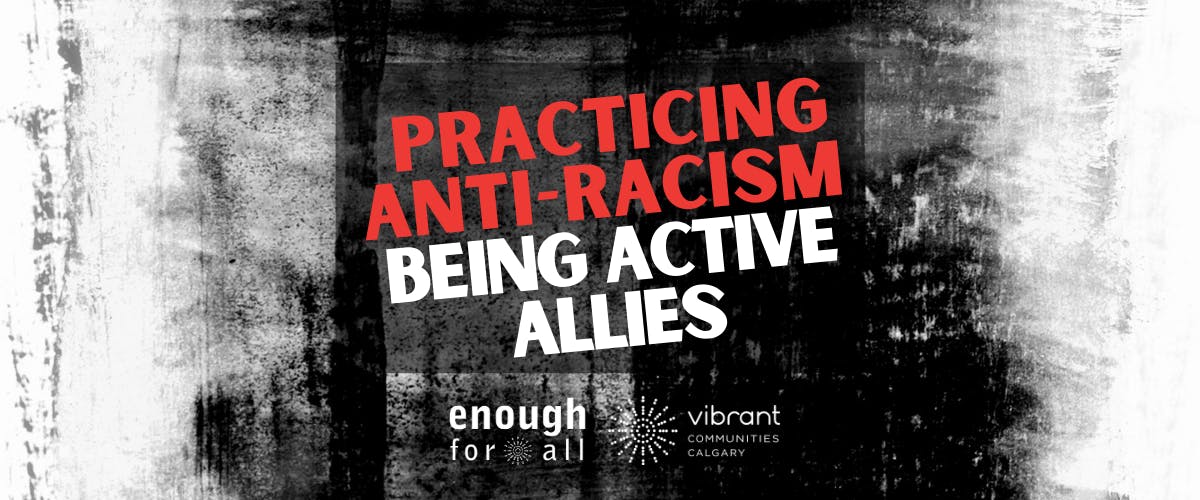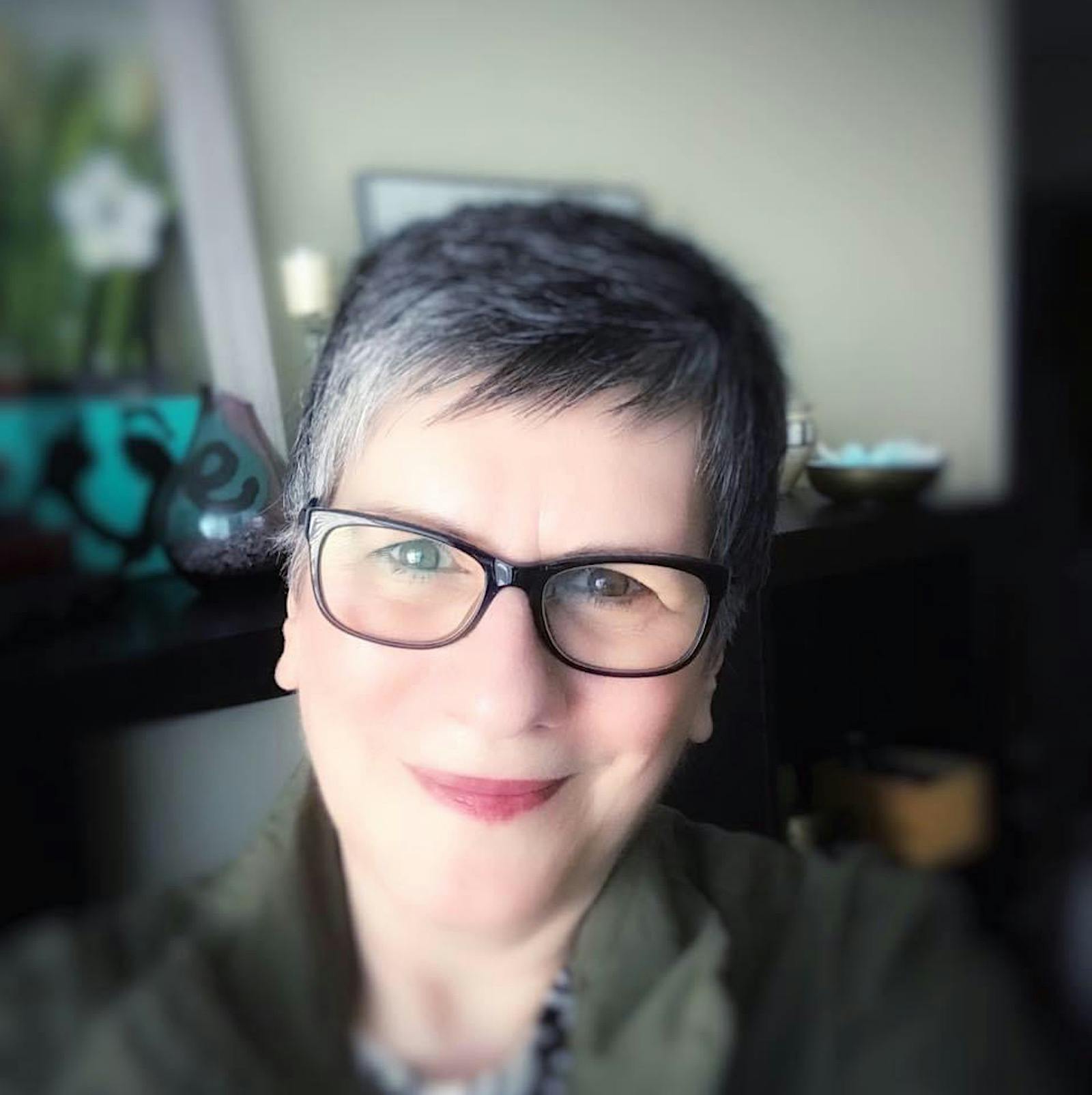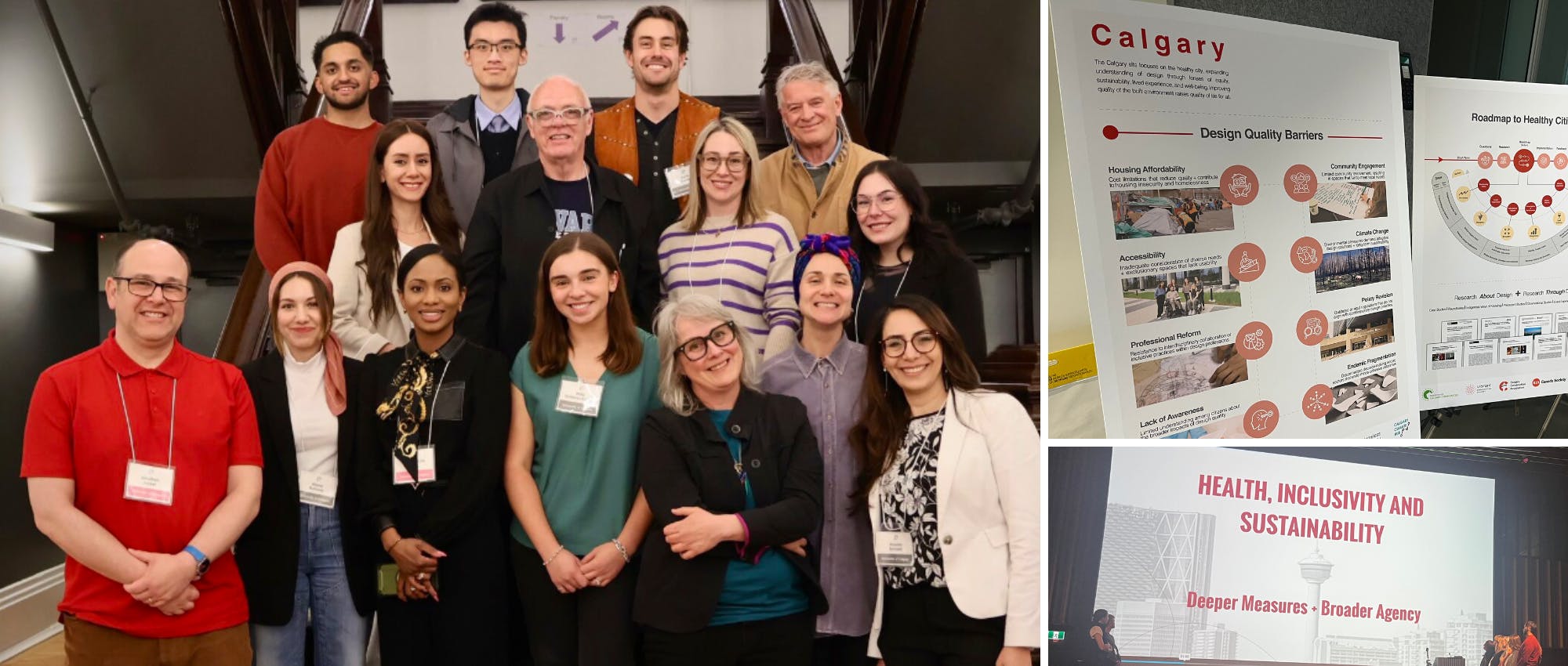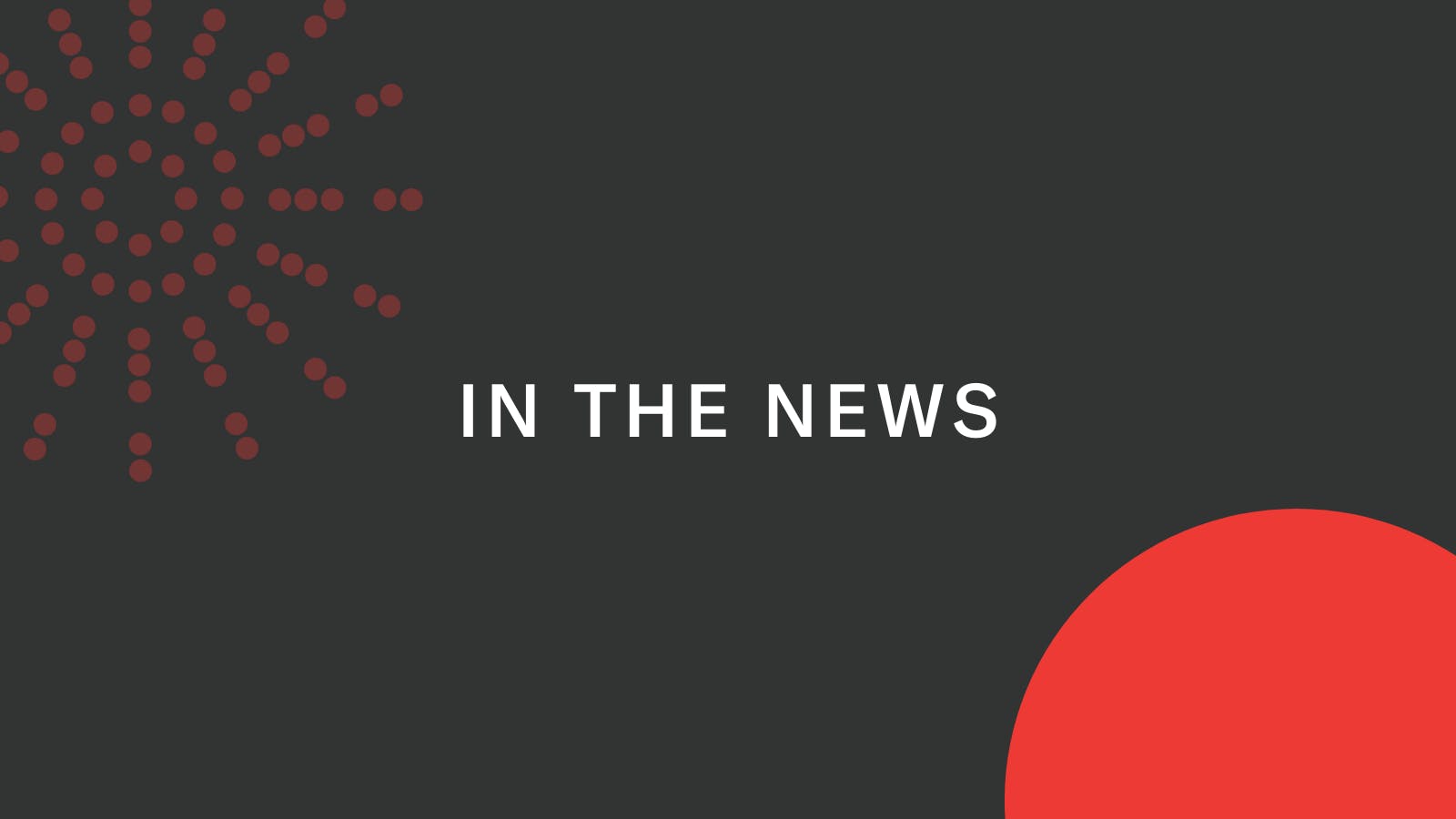In his book How To Be An Antiracist, author Ibram X. Kendi talks about “denial as the heartbeat of racism” and says, “the only way to undo racism is to consistently identify and describe it—and then dismantle it.”
We recognize that racism is a root cause of poverty and we understand that there are barriers that need to be dismantled in order to progress. While words play a role, actions are more critical.
Actively participating in anti-racist practices and creating anti-racist policies provides solutions. As we find common ground and continue meaningful conversations, we create opportunities for learning and growth.
So, how does being an ally relate to poverty reduction?
Our Enough for All principle is reducing racism and discrimination and promoting diversity in the development and evaluation of policies, services, programs and workplace practices.
This principle matters because systemic racism, ageism, and exclusion make it more difficult for many Calgarians (including Indigenous peoples, new Canadians, visible minorities and aging populations) to access jobs and services, and to feel welcome and supported in the community.



